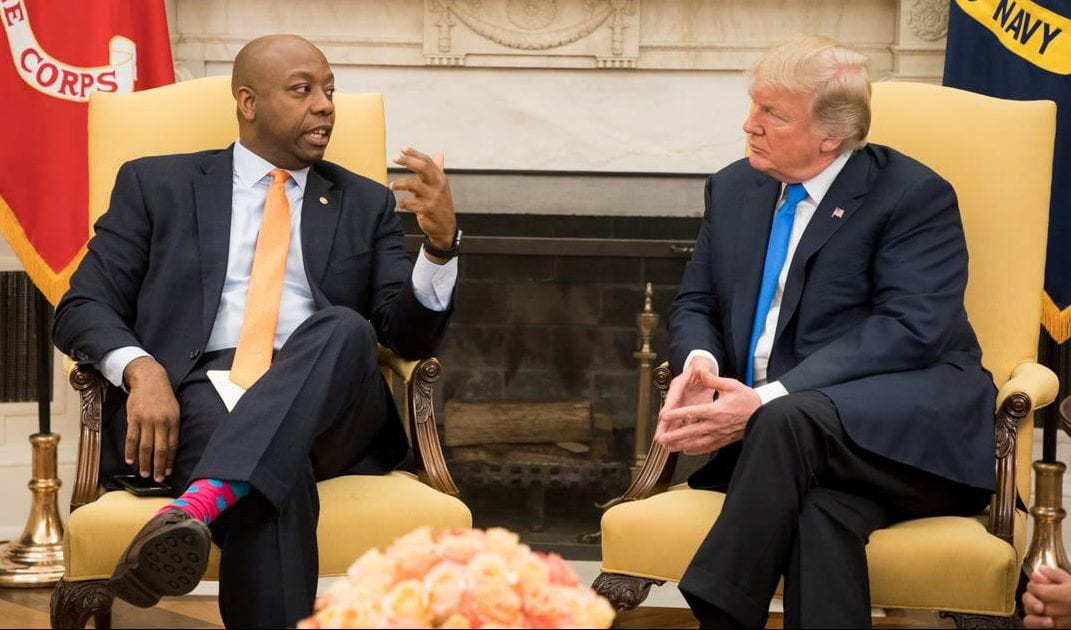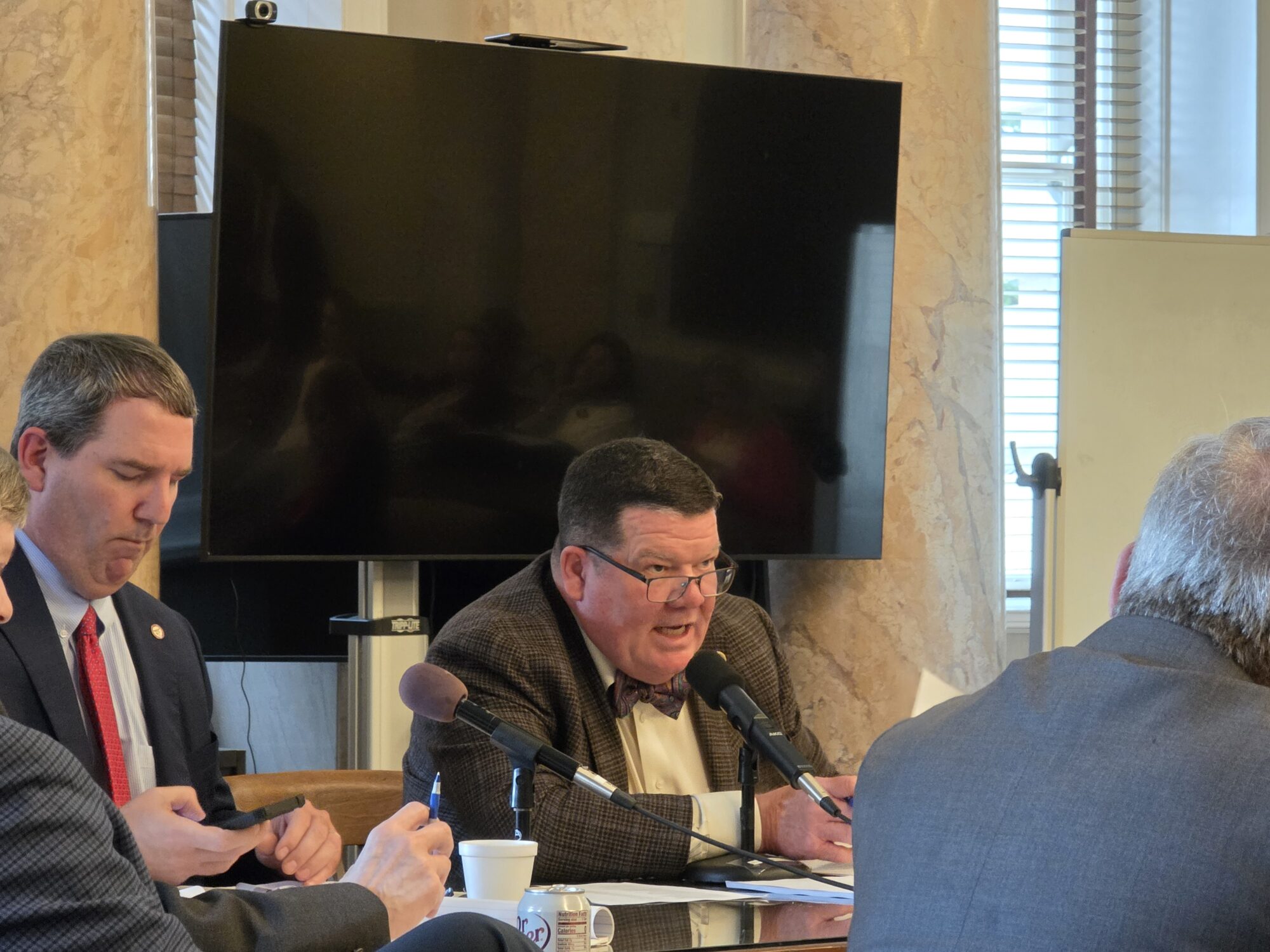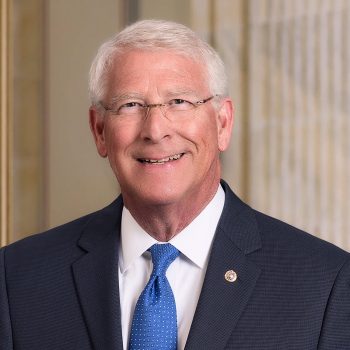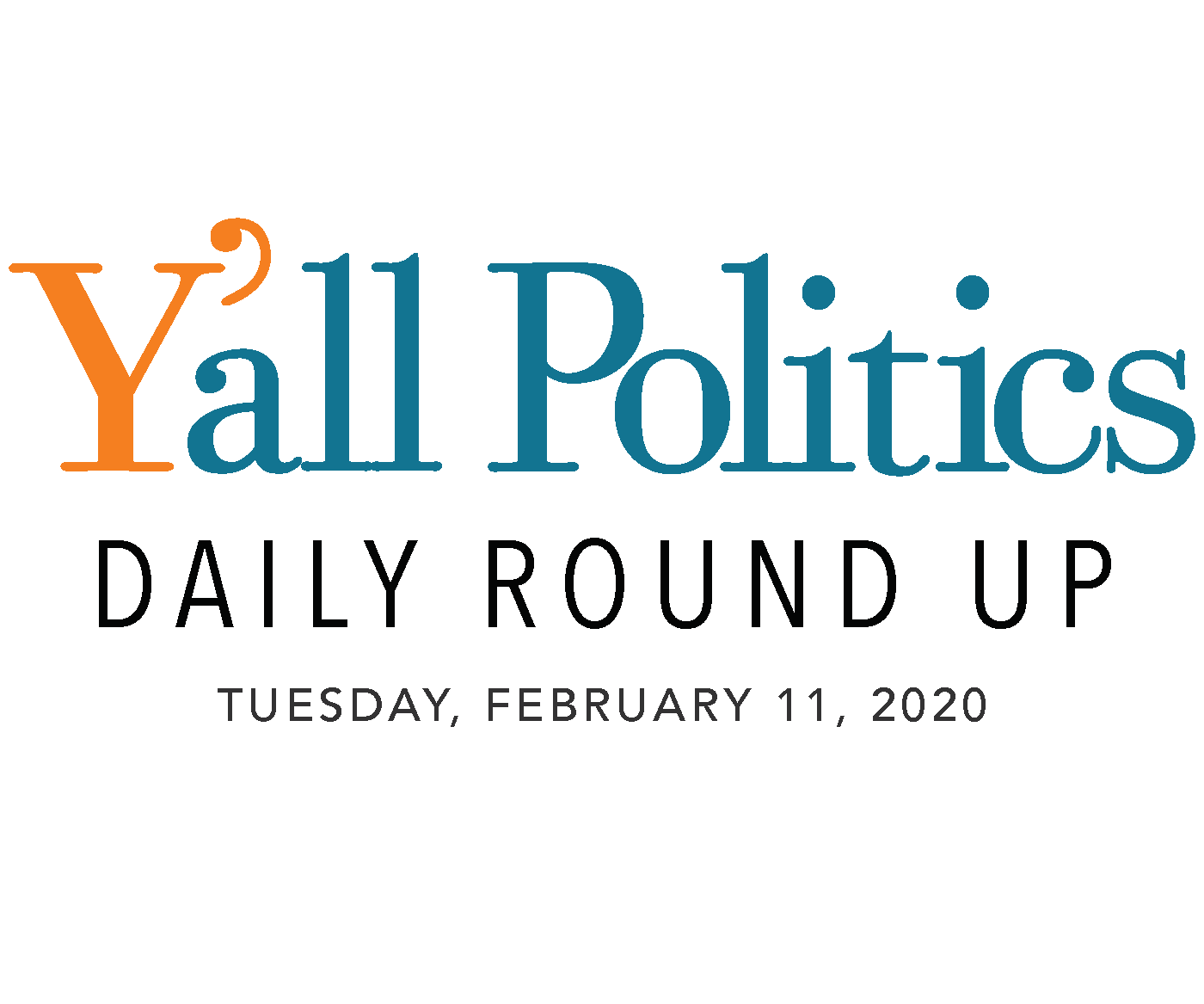
For the last half century, Democrats nationally have featured a coalition of working class voters, union members, and racial and ethnic minorities. Democrats seek to portray themselves as the party of the average man who understand the struggle to provide for their families while working every day to achieve the American Dream.
Before the base of the Democratic Party was hijacked in favor of issues like climate change, universal healthcare, plastic straws, claims of institutional racism, and now (yes) even socialism, it was common for Democrats to run on three primary talking points:
- Revitalizing low income neighborhoods, increasing affordable housing options, and providing a pathway for employment for low to middle class workers, mainly minorities, within their own communities, leveling the economic playing field.
- Addressing fairness in sentencing (aka Civil Justice Reform), in terms of drug policy and high incarceration rates among the poor and minorities, within the criminal justice system while funding early release programs, structured reentry processes, and reconnecting families, especially those in single parent households.
- Improving education opportunities in low income, largely minority neighborhoods while supporting workforce training initiatives and funding historically black colleges and universities.
Former advisor to President Barack Obama, Van Jones, now a commentator on CNN, recently said, “For a long time, the black vote was taken for granted by Democrats and written off by Republicans. That’s not happening this year.” Jones is correct.
President Donald Trump has rewritten the script for Republicans over the last four years, and 2020 looks to be a huge step forward in challenging the traditional Democrat narrative aimed squarely at reaching black communities.
In 2016, Trump literally reordered the electoral map breaking through the “blue wall” in Rust Belt states. Now, it appears he’s embarking on a similarly bold initiative – to break down over 50 years of resistance of black voters feeling uncomfortable in pulling the lever for a Republican.
Opportunity Zones
During his first term, Trump has enacted legislation that goes right to the heart of black neighborhoods, promoting and signing South Carolina U.S. Sen. Tim Scott’s Opportunity Zones into law. Scott is a black Republican.
“Most Opportunity Zones are in majority black and brown neighborhoods,” writes Venroy July in Black Enterprise, a business, investing, and wealth-building resource for African Americans. “With innovative approaches, a solid understanding of the risks and rewards of Opportunity Zone investing, and careful attention to regulatory requirements for maximizing tax benefits, we can leverage the Opportunity Zone program to build wealth for black families and revitalize our communities.”
The negative connotation of gentrification, that being the possible demographic change as a neighborhood or community’s character changes through renovation and improvement, is unlikely in states like Mississippi where nearly 40% of the population is black. The investments made into designated opportunity zones here will have a direct impact on the housing, employment and upward mobility of those in lower income neighborhoods, raising the level of economic opportunity for black Mississippians.

Vicksburg Mayor George Flaggs, a black former Democrat turned Independent, has shared the stage with President Trump promoting Opportunity Zones and their benefits. In April 2019, Flaggs spoke at the White House about his city’s use of Opportunity Zones.
“I’ve never seen any piece of legislation that allows for more collaboration between federal state and local government,” Flaggs said. “We were to come to White House and the state government and local government and collaborate, use this Opportunity Zone, check all the boxes. The City of Vicksburg, 24,000 people, rural as you get, but at the same time we were able to save 125 jobs for the City of Vicksburg, and let me tell you, that’s bread on the table, that’s meat in somebody’s kitchen.”
According to Census data, Vicksburg is nearly 68% black.
Criminal Justice Reform
The Formerly Incarcerated Reenter Society Transformed Safely Transitioning Every Person Act, or First Step Act, reformed the federal prison system and is working to reduce recidivism. The bill was sponsored by Rep. Douglas Collins, a Republican Congressman from Georgia, in 2018 and passed both the U.S. House and Senate with bipartisan support before President Trump signed it into law.
The legislation, among other things, provides significant support for rehabilitation programs, incentivizes good behavior through early release, improves prison conditions, makes the provisions for the Fair Sentencing Act retroactive, and changes sentencing penalties for some federal offenses, namely drug crimes.
Mississippi Republicans played a big role in moving the ball forward for such criminal justice reforms. Former Gov. Phil Bryant actively lobbied President Trump to address the high incarceration rate of non-violent offenders while signing legislation into law during his terms that expanded intervention courts to include mental health and veterans courts as well as addressing policies that prevents prior offenders from obtaining jobs or licenses in Mississippi.

“The conservative movement in this country, unfortunately from my point of view, is now the leader on this issue of reform,” Van Jones said at CPAC, the Conservative Political Action Conference, in February 2019. “You look at Mississippi, a rock-ribbed, total conservative former jailer is now the governor. Governor Bryant cut the prison population and crime at the same time… What you’re seeing now is Republican governors being tough on the dollars. Tough on crime and shrinking the prison population.”
According to the Sentencing Project, a non-profit group out of Washington D.C. promoting criminal justice reforms, since the passage of the First Step Act, a December 2019 report shows that retroactive application of the Fair Sentencing Act has benefited over 2,000 people with sentence reductions that average nearly 6 years. Black Americans comprise 91% of those receiving reductions.
School Choice
The tougher nut to crack for Republicans is black voters’ distrust regarding neighborhood schools and overall educational attainment. Though Democrats and those in the media have tried desperately to make school choice a black vs. white issue (ostensibly for the benefit of teachers unions which they are beholden to), school choice is largely an idea championed by Republicans and most widely utilized by people of color.
Concerns over where Republicans stand on education in terms of the black community are embedded deep within the minds of minorities, especially here in Mississippi. The idea of “school choice” was once used to mask racism and maintain segregation. While this is no longer the norm in post-Civil Rights era America, older black voters remember well those times and frequently remind young black voters of what was once a dog whistle for segregationists.
But the school choice movement of today, some 65 years removed from Brown v. Board of Education, results in the overwhelming majority of school choice beneficiaries and early education collaboratives being black families whose only other option would be failing public schools.
Since 2011, Mississippi public school students, of which half are black, have made significant strides across the board, with graduation rates now exceeding the national average and dropout rates at an historic low. The state was recently named as one of the five most improved states in achievement in school systems from prekindergarten through grade 12 and socioeconomic factors leading to success in adulthood.
These improvements come during a time of Republican leadership in the Legislature and amongst calls for increased accountability from Mississippi’s Republican statewide officials.
On the national level, in December 2019, President Trump signed a bipartisan bill that permanently provided more than $250 million a year to historically black colleges and universities.
The President also called for the expansion of school choice options in his State of the Union address this year, saying, “No parent should be forced to send their child to a failing government school.” He highlighted the plight of a young black girl whose family was struggling to give her the educational opportunities she desired.
Election Implications
All of this points to the question of whether black voters across America, and in particular, here in Mississippi will turnout to support President Trump’s reelection or stick with the Democrats they have become accustomed to supporting, whether out of habit or history.
What cannot be denied, however, is that Trump’s Administration is actively reaching out in meaningful ways to black voters on issues they care about. It’s historic in that Republicans nationally may have paid lip service to recruiting black voters, but Trump is taking it to a whole other place.
By seeking to provide economic opportunities for black communities, and addressing the disparity towards blacks in both the criminal justice and educational systems, Trump stands to change the political norms regarding black voters’ traditional allegiance to the Democratic Party.
And he doesn’t even have to be numerically very successful.
Just converting 10% of black voters as Trump voters has massive electoral implications.
Further, while Republicans in Mississippi still largely champion issues like civil justice reform and school choice, the Republican Party here, like in most areas around the country, haven’t had a whole lot of success in breaking through to black voter constituencies. Trump, through results-based policies, gives Mississippi Republicans an opening to really try and make some meaningful inroads… and they should. Mississippi Republicans have historically done poorly when it comes to attracting and supporting black candidates for office.
Democrats and their friends in the media know that Trump’s play for black voters is an existential threat and will want to obfuscate or shift the narrative at every turn.
Disliking one man’s personality and voting against your own interests because of it when compared with the real benefits and results gained through Republican policies is something black voters must wrestle with in 2020 and beyond, both in Mississippi and nationally.











